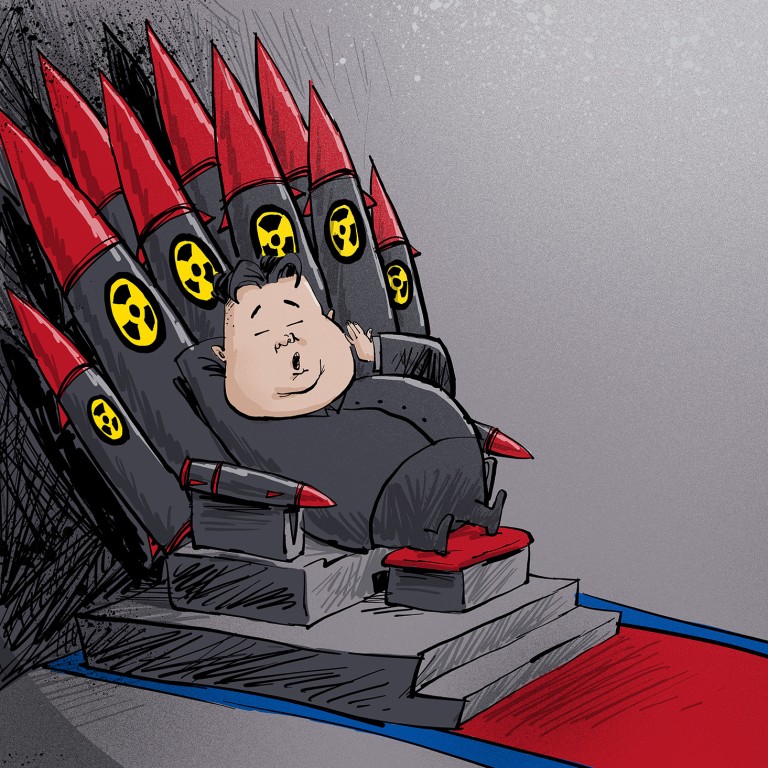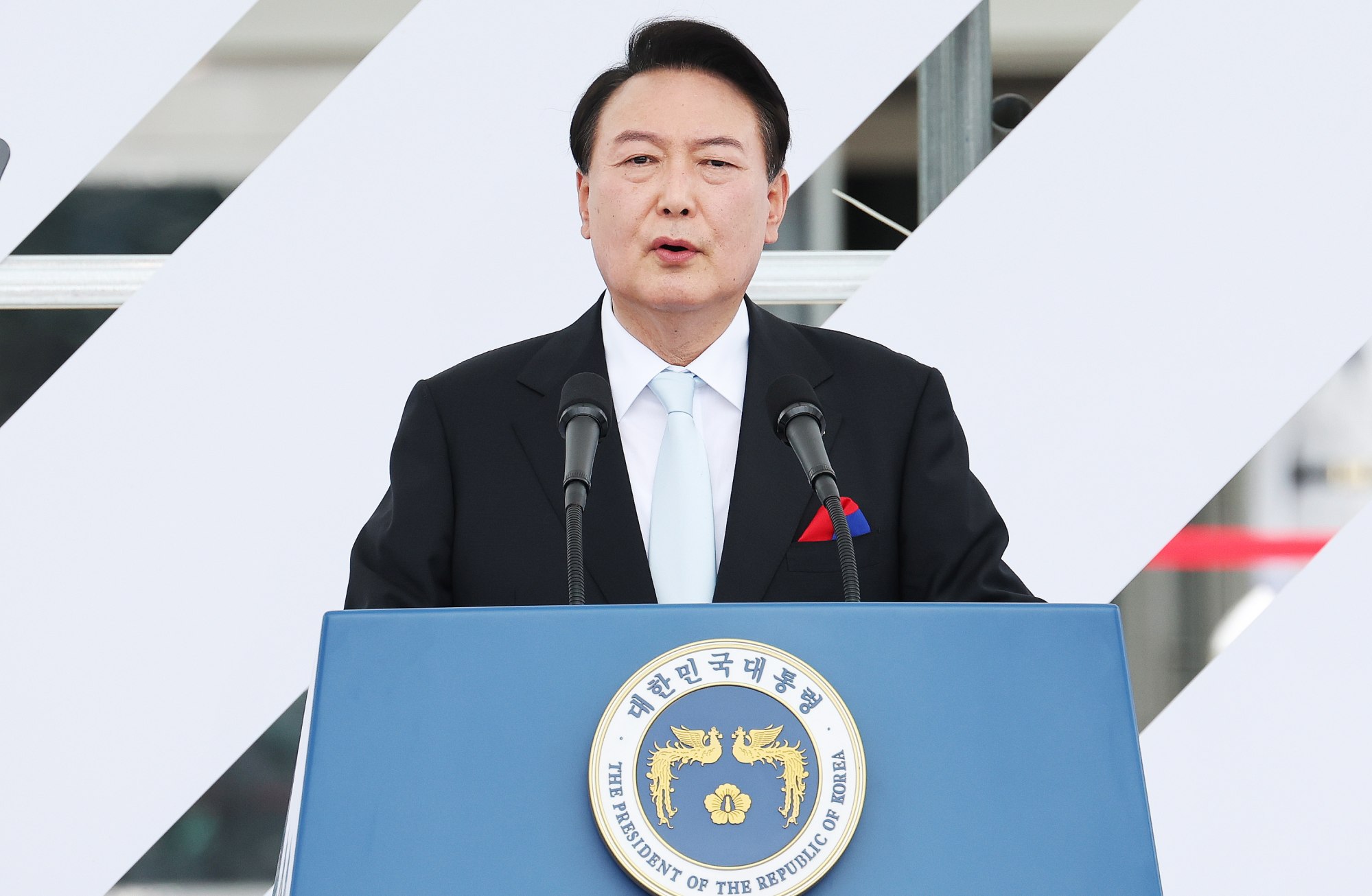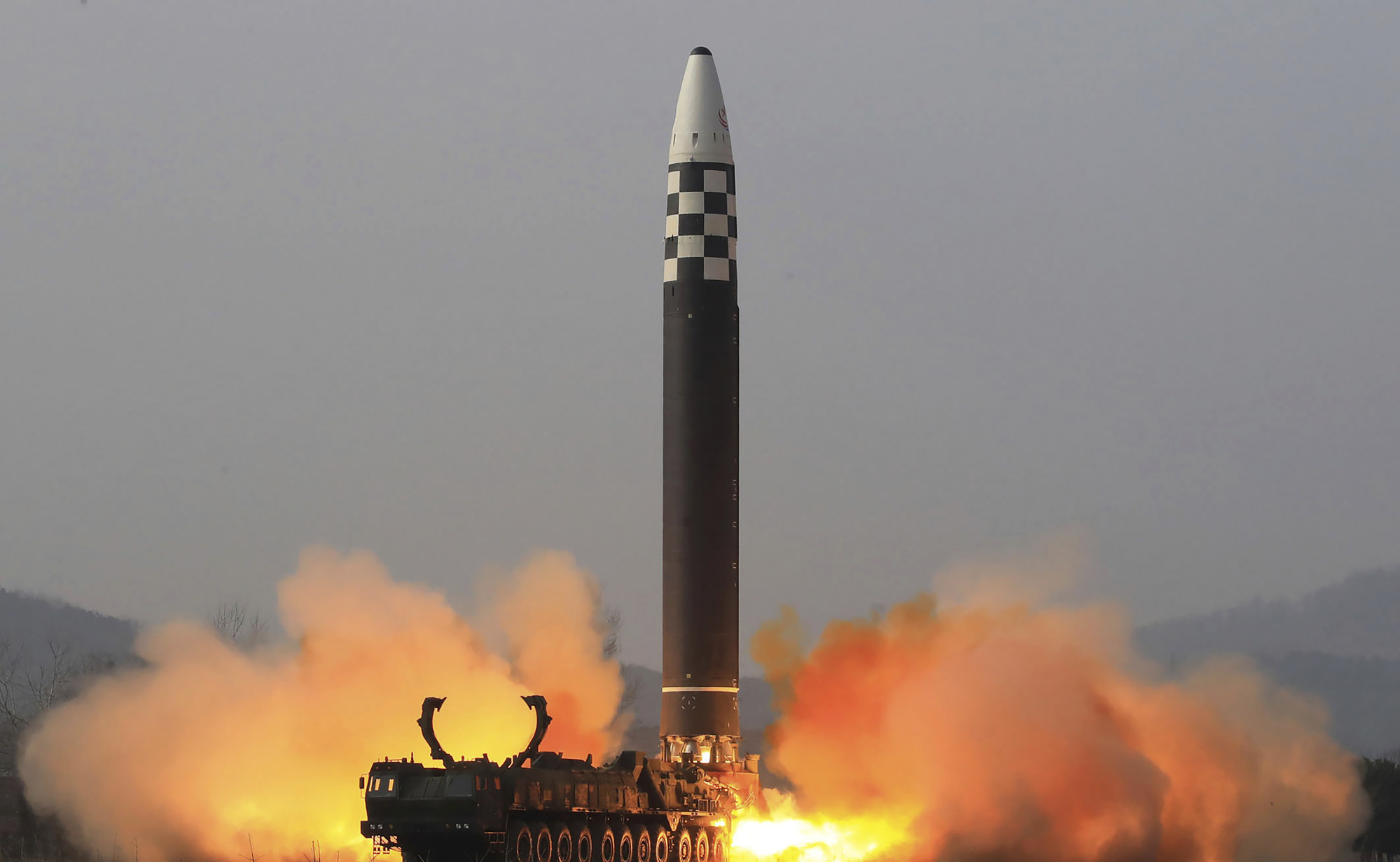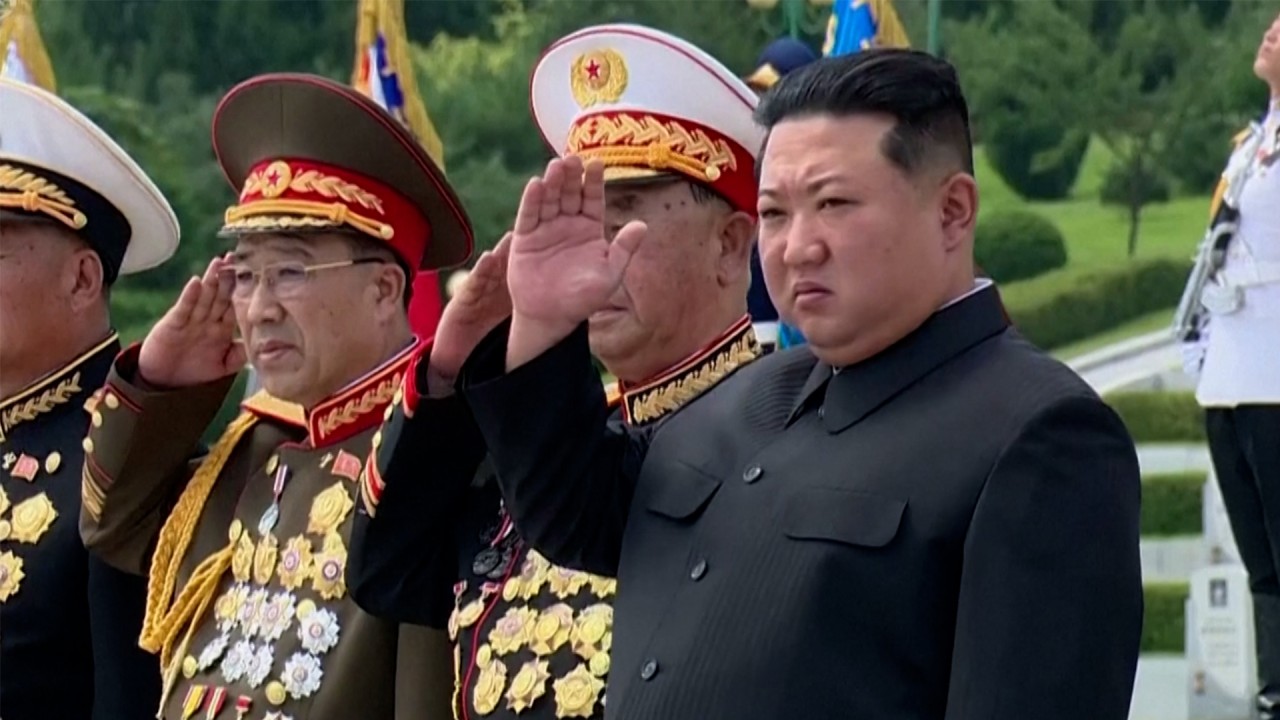
Economic incentives will never be enough for North Korea to denuclearise. When will the US and its allies realise this?
- The US, South Korea and the UN all want North Korea to give up its nuclear weapons in exchange for economic benefits – but Pyongyang must make the first move
- While Kim Jong-un has shown he can withstand years of sanctions, he cannot afford to give up his security guarantee
In his Liberation Day speech on August 15, Yoon suggested improving “North Korea’s economy and its people’s livelihoods in stages if the North ceases the development of its nuclear programme and embarks on a genuine and substantive process for denuclearisation”.
The problem lies in the latter part. North Korea will only receive economic benefits if it first takes proactive steps to get rid of its nuclear weapons. As Pyongyang has shown the world, persuading it to do so will be no easy task.

Despite the glamorous proposals, however, Pyongyang has never lost sight of its main focus: acquiring security guarantees from the US. Without these, North Korea will never feel safe enough to give up its nuclear weapons. After all, they have ensured the survival of the Kim family regime for three generations. They will not give up this lifeline merely for financial incentives.
For North Korea, doing so would entail too many risks. After all, what guarantee does Kim have of remaining in power after handing over his nukes to the International Atomic Energy Agency? The US and international community may offer words of encouragement throughout the denuclearisation process, but what about once it’s all over? Will they still keep the same tone?

It is easy to forget that North and South Korea are still technically at war. No peace treaty has been signed to officially bring to an end the Korean war, which started in 1950. For that to happen, an end-of-war declaration would have to be signed with the US, since South Korea was not a signatory to the Armistice Agreement of 1953. This is one reason North Korea is so fixated on negotiating with the US directly.
Besides formally ending the Korean war, North Korea also needs to establish formal diplomatic relations with the US. This would add a much-needed layer of security for Pyongyang. With the war over, a peace treaty signed and formal relations established with the US, the perceived level of threat coming from Washington would significantly decrease for North Korea.
Looking at North Korean media, it is clear that Pyongyang still maintains a highly antagonistic view of the US. It sees America as the power that invaded, killed thousands of its people, burned down entire cities, and caused immeasurable damage and trauma that remain fresh in the minds of North Koreans to this day.
It is shortsighted and ill-informed to expect North Korea to denuclearise first and then provide it with financial investment and other economic benefits later. The cost-benefit analysis for Pyongyang simply will not allow for this.
Instead, the US and others must focus on building trust, regular communication and direct engagement. Although America’s attention is currently turned towards Ukraine and Taiwan, the North Korean threat remains significant and will not disappear or be solved without active, genuine diplomatic engagement.
North Korea is holding its neighbours – including China – hostage
If the US were to put partial sanctions relief on the table, paired with concrete steps towards improving and ultimately normalising relations with Pyongyang, then the North Koreans may well respond favourably.
North Korea’s priorities have remained the same for decades and they will not change simply because other parties would rather go down a different route. Without this awareness, South Korea, the US, and the international community as a whole will continue to misread Pyongyang, waste time and ultimately worsen the security situation on the Korean peninsula and across the entire region.
Gabriela Bernal is a North Korea analyst and PhD scholar at the University of North Korean Studies in Seoul, South Korea


